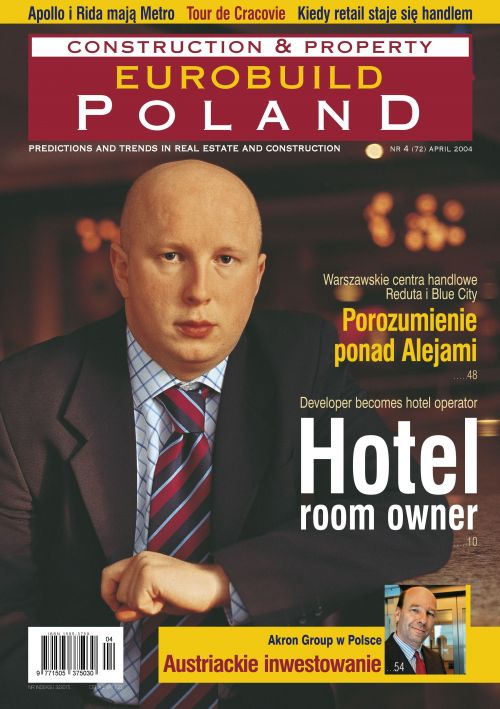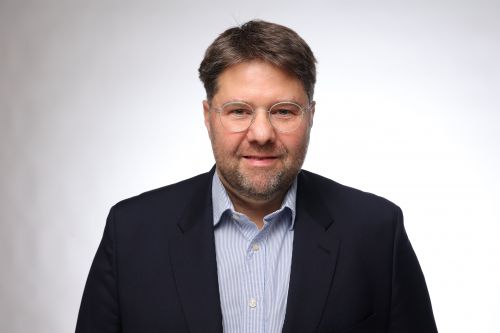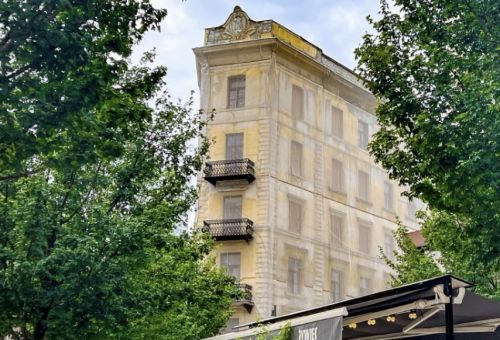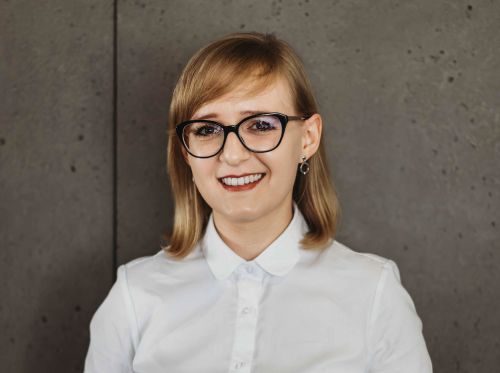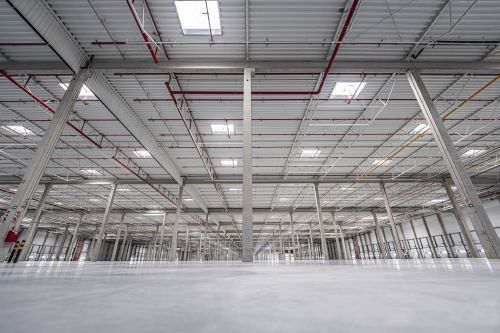The first Polish shopping projects which appeared together with the free market could not be called real estate. Collapsible camping tables and beds, and popularly termed "jaws", i.e. steel market stalls, were regular sights. They, happily, have vanished but in those pioneering times for Polish retail trade, merchant associations were established which today are constructing modern properties.
One mall instead of 170 stalls
Manhattan shopping centre which opened in Gdańsk in early March, or rather its developer - a company of the same name, is an excellent example of such metamorphosis. GCH Manhattan was spawned in the early 1990s by the Zrzeszenie Prywatnego Handlu i Usług in Gdańsk which had leased a large square in the city's trading centre. There were once 170 small outlets in the square, while today there is an eight-storey shopping centre (three underground storeys) with a total space of 53,000 sqm and 23,000 sqm rental space. Manhattan holds 120


























